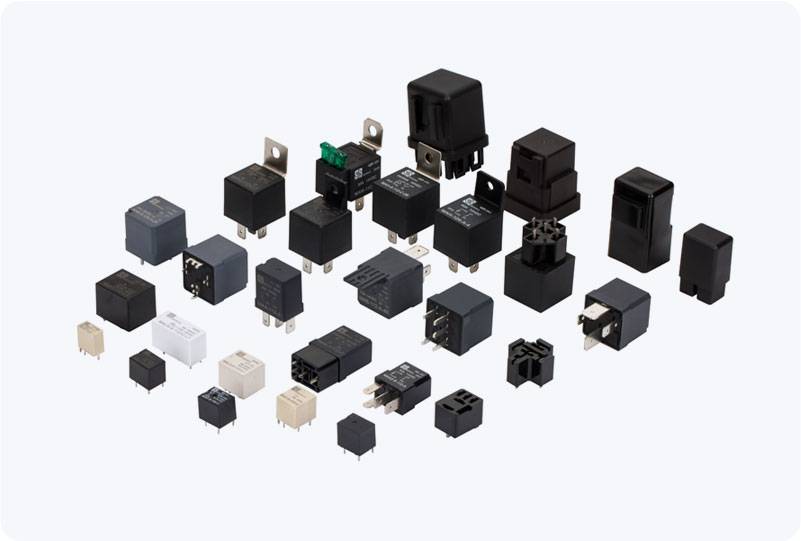Ground faults are a significant concern in any electrical system, as they pose a risk of equipment damage, fire hazards, and system failures. The Ground Fault Protection Relay is an essential device designed to detect and protect electrical systems from such faults. This article will explore the working principles, applications, and benefits of ground fault protection relays, providing insights into why they are a crucial component in modern electrical installations.

What is a Ground Fault Protection Relay? A Ground Fault Protection Relay is a protective device used to detect and respond to ground faults in electrical systems. A ground fault occurs when an unintentional connection is made between a live conductor and the earth or a grounded object. When a ground fault occurs, the current flowing through the system becomes unbalanced, which can lead to various hazards such as equipment damage, electrical shock, and fire. The primary function of a ground fault protection relay is to monitor the electrical system for any signs of ground faults and to quickly isolate the faulted section of the circuit. This helps prevent further damage, ensuring the safety and integrity of the system.